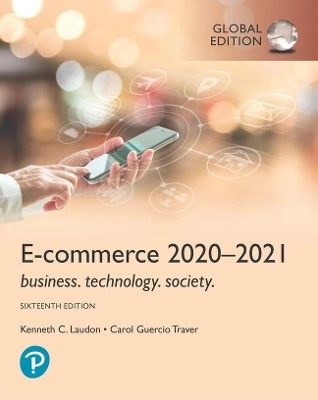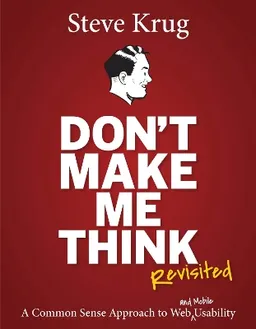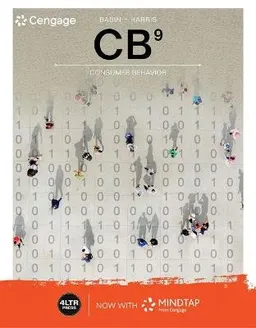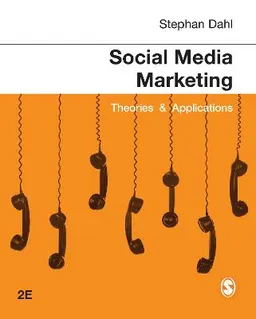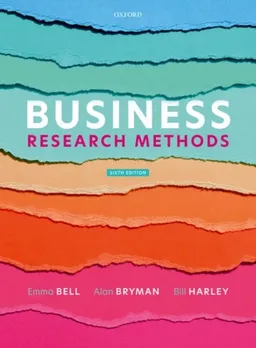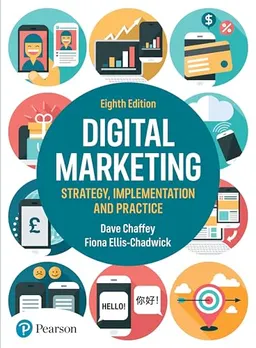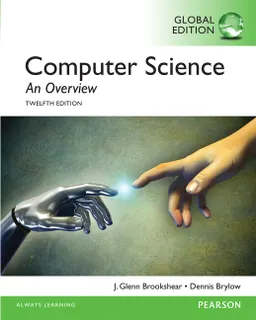For courses in e-commerce. The most up-to-date, comprehensive overview of e-commerce today.
Lively and fun to read, E-commerce 2021: Business, Technology, and Society is an in-depth, thought-provoking introduction to e-commerce focusing on key concepts and the latest empirical and financial data. Hundreds of examples from companies such as Facebook, Google, Twitter, Amazon, Pinterest, eBay, Uber, WhatsApp, and Snapchat illustrate how e-commerce is altering business practices and driving shifts in the global economy. The entire 16th edition has been updated through October 2020, and includes up-to-date coverage of privacy and piracy, government surveillance, cyberwar, fintech, social local-mobile marketing, internet sales taxes, and intellectual property.
Features Students learn about the three major driving forces behind e-commerce - business development and strategy, technological innovations, and social controversies and impacts - and how they relate to chapter concepts. Coverage of e-commerce infrastructure includes voice-controlled digital assistants; 5G and new Wi-Fi standards; drones, balloons, and white space; and IoT wearable computing devices. Projects and review questions in each chapter ask learners to demonstrate comprehension of chapter concepts and apply higher-level evaluation skills to management problem-solving. New to this edition Opening, closing, 'Insight On,' and other extensive cases throughout the text are all new or updated in this edition. The cases place coverage in the context of actual e-commerce businesses. The impact of the Covid-19 pandemic on e-commerce is reflected throughout, with special attention paid to the pandemic's effect on the expansion of on-demand services, the small business shift to e-commerce, Internet infrastructure challenges, and the quest to compete with Amazon. Data, figures, and tables have been updated through October 2020 with the latest marketing and business intelligence available from a range of industry and government sources. Up-to-date discussion of security threats includes the recent cyber-attack on Iran's nuclear facilities, malvertising, ransomware attacks, Covid-related phishing scams, and zoombombing. New technologies and protocols for enhanced security are also addressed. A thorough examination of current privacy issues includes contract tracing apps and the tension between privacy and public health, the recent invalidation of the Privacy Shield, the most recent privacy-related challenges for Facebook, and evolving privacy issues with location-based proximity marketing. Current issues in social networks includes a discussion of TikTok, MeWe, the impact of the pandemic on usage, social networks 'fails' and issues, the continuing controversy over Facebook algorithms, and the decline of online auctions. A section on careers in e-commerce at the end of each chapter examines job postings from online companies for entry-level positions and helps students use knowledge gained from the text to answer interview questions. Web resources available at E-commerce2021.com include author-supplied projects, exercises, and tutorials; information on building a business plan and revenue models; and essays on careers in e-commerce.
Åtkomstkoder och digitalt tilläggsmaterial garanteras inte med begagnade böcker
